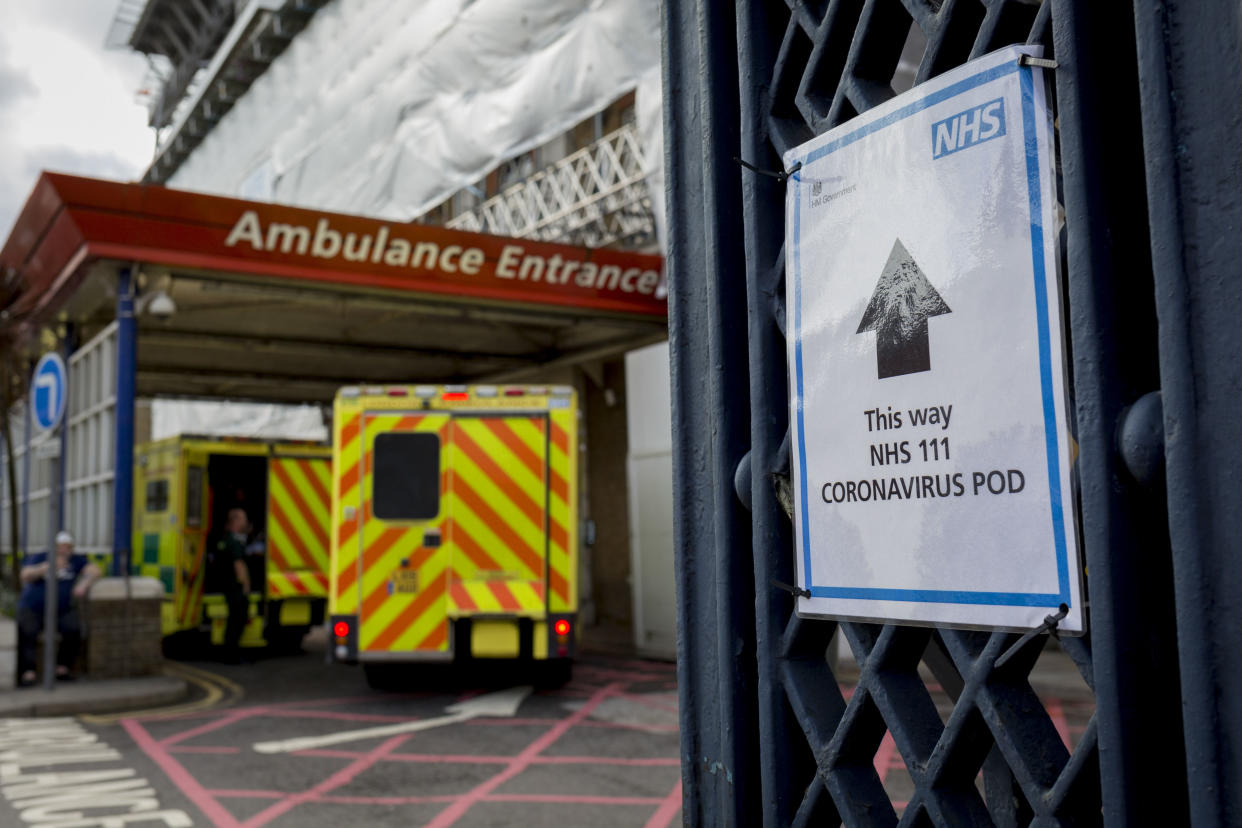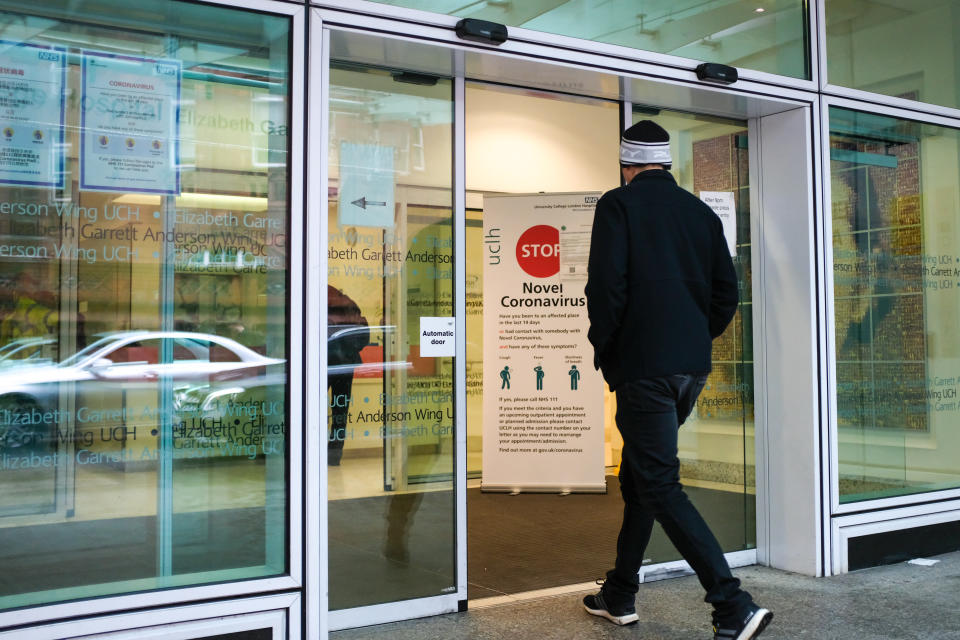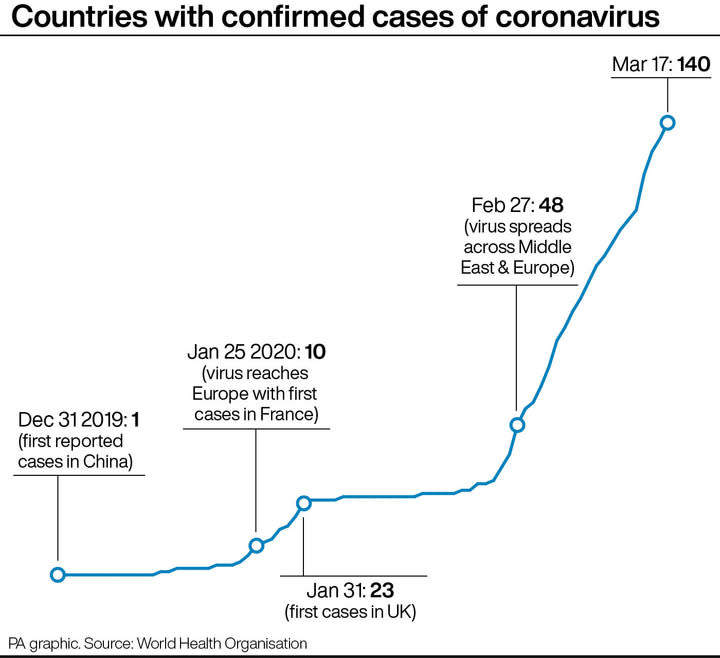'We've become the super-spreaders': NHS doctor pleads for more protective equipment

An A&E doctor has made a desperate plea to the government for more protective masks and equipment because he fears health workers will spread the coronavirus to patients.
Dr Nishant Joshi, who works at Luton and Dunstable general hospital, said he didn’t feel he was protecting himself, his patients or his family during the pandemic.
He criticised politicians for sending out confusing messages regarding personal protective equipment (PPE) and said he feared the public may not be taking the pandemic seriously enough.
In total 1,961 people in the UK have been infected, with 72 deaths and 66 recoveries, according to John Hopkins University.
Read more: Number of global confirmed coronavirus cases reaches 200,000

Dr Joshi told BBC Radio 5 Live’s The Emma Barnett Show: “The hospital feels eerie. There's a massive tidal wave, tsunami about to hit us and we're all just waiting for it.”
He said doctors across the country were mainly concerned about protective equipment.
“We are currently wearing flimsy aprons,” he said. “For some patients we're wearing surgical masks, for some patients we're not. It's chaos all over the country.
“If a patient coughs on me, I'm a potential vector for transmission. This should be a number one concern.
Latest coronavirus news, updates and advice
Live: Follow all the latest updates from the UK and around the world
Fact-checker: The number of Covid-19 cases in your local area
Explained: Symptoms, latest advice and how it compares to the flu
“Local and national guidelines are telling us that it's OK to wear an apron, a surgical mask which is a flimsy piece of paper.
“Overnight I had a patient sneeze on me and cough on me, which happens on a daily basis. Where does that leave me?
“We are concerned about being vectors of transmission, we are concerned we are the super-spreaders, we are concerned that healthcare workers are spreading the infection.
“The reason we're concerned is because all the data from China, from Italy, from Iran, from other countries that have been affected by coronavirus is that healthcare workers can be vectors of transmission.
“Why is our strategy so different to other countries that have handled it successfully?”

Dr Joshi said the UK had been in a good position to fight coronavirus because it was one of the last countries to be affected by the outbreak.
He compared health workers to the band players on the Titanic before it sunk after seeing the iceberg “from miles away”.
He added: “It feels that right now we’re rearranging the deckchairs on the Titanic, and for everyone who works in hospitals, it feels like we're the band playing on the Titanic.”
Dr Joshi said A&E and hospital bays across the country were “open for business to coronavirus” and that they were inviting infection by not having masks on patients.
He said: “Why is that across the country staff are being told there's not enough masks? This is the sort of thing we hear [about in] third world countries during epidemics.
“Why can't I wear a mask to keep myself safe, and the patient safe, and, when I come home, my family safe?”
Read more: Rudd urges Boris Johnson not to 'pack the women away' in coronavirus response
He said stats showed between 8 and 12% of all hospitalised patients in Italy were doctors, and that if this happened in the UK it would leave a large hole in the NHS for the next few months.
A Department of Health and Social Care spokesperson said: “We are rightly taking every possible action to tackle this virus and have central stockpiles of a range of medical products to help ensure the uninterrupted supply to the NHS.
“We have well-established procedures to deal with supply issues, should they arise, by working closely with industry, the NHS and others in the supply chain to help prevent shortages and minimise any risks to patients.”

 Yahoo News
Yahoo News 

